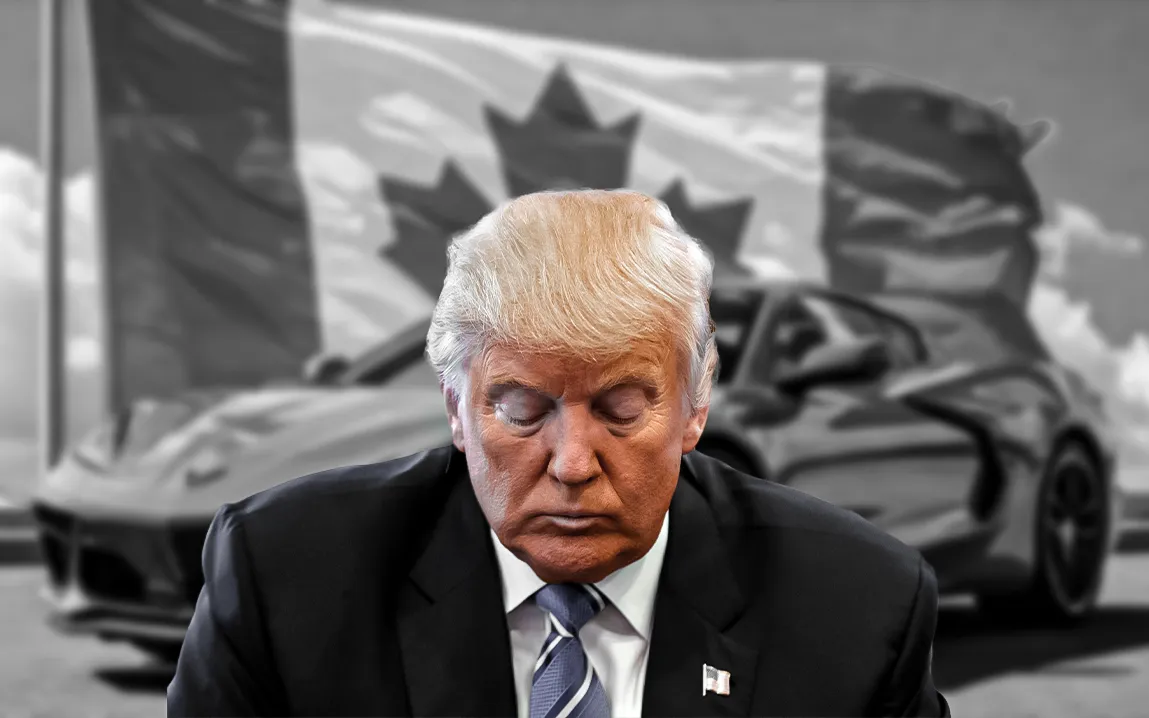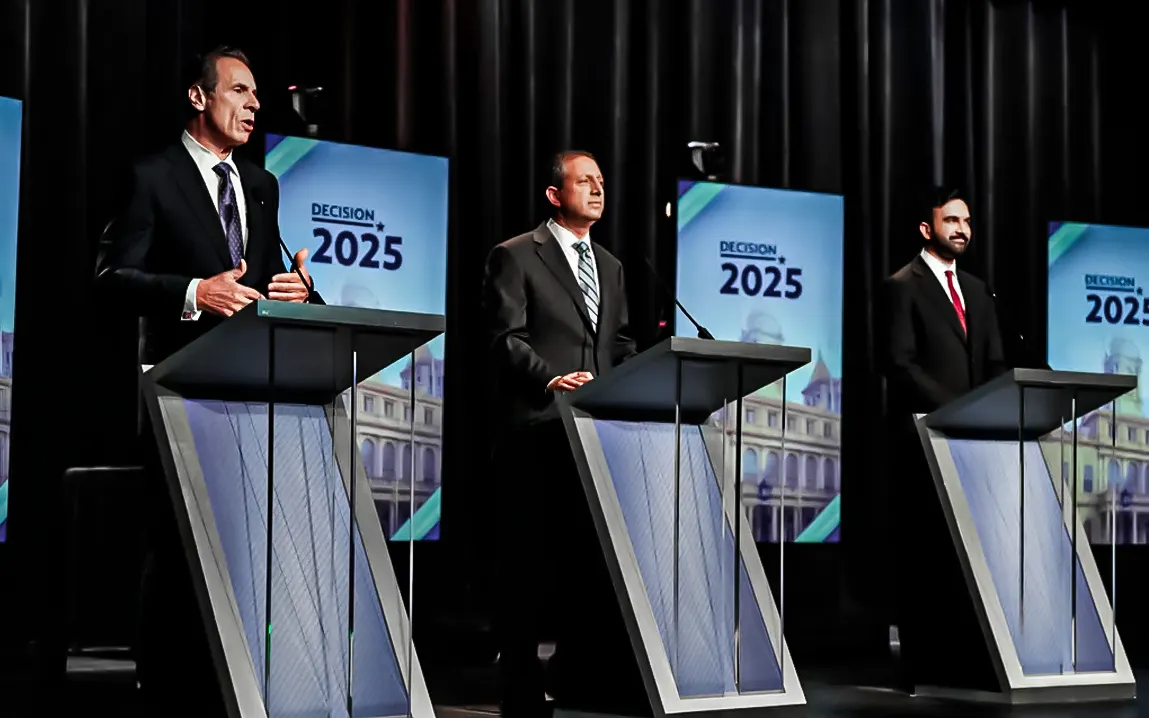In a quick and bold reaction to U.S. President Donald Trump’s broad tariff increases, Canada has struck back—imposing a 25% tariff on all American automobile imports that are outside the limits of their free trade agreement.
Prime Minister Mark Carney, in a tweet Thursday night, declared the U.S. tariffs “unfair” and made one thing clear: Canada will not stand by if its auto industry is attacked.
“Because of President Trump’s tariffs on our automotive sector, Canada will apply a 25 per cent tariff to all U.S. vehicle imports that don’t meet our free trade agreement,” Carney said.
The action comes after the U.S. administration’s announcement of a 25% tariff on Canadian autos, effective April 3—directly targeting an industry that employs more than 500,000 Canadians.
Supporting Workers, Not Worsening the Supply Chain
But Carney was quick to note that Canada’s tariffs will not be a mirror of Washington’s aggressive tone. While the U.S. expanded its tariffs to cover auto parts and other vital sectors, Canada has proceeded with a more tempered approach.
“Our tariffs, unlike President Trump’s, will not target auto parts because we understand the value of our supply chain,” Carney added.
He insisted that the tariffs would be imposed wisely, with all the revenue raised going to benefit Canadian auto workers and spur investment in the home industry.
CUSMA Vehicles Not Off the Hook Either
Even U.S. vehicles that do meet the Canada-United States-Mexico Agreement (CUSMA) aren’t completely exempt. For those, Canada intends to tax any vehicle content not made in either Canada or Mexico at the same 25% tariff rate.
“This is not merely about retaliation,” said Carney in a second statement. “It’s about protecting our economic security and defending the industries that create the backbone of our nation.”
Canada is also developing a full support package to encourage new auto manufacturing and drive new investment into the nation’s manufacturing base.
Global Ripple Effect Amid U.S. Economic Emergency
This is merely one domino in a broader trade shakeup led by President Trump. Earlier this month, the United States declared a national economic emergency and imposed blanket tariffs of at least 10% worldwide, some up to 49%.
India, Cambodia, Vietnam, and China were smacked with charges of between 26% and almost 50%. Even longstanding U.S. allies such as Japan (24%) and the European Union (20%) were not exempted.
The tariff plan imposed high levies on many countries, including 26 per cent on India, 49 per cent on Cambodia, 46 per cent on Vietnam, 34 per cent on China, 24 per cent tariff on Japan, 20 per cent on the EU, US media reported, noting that more than 180 countries and regions will face tariffs.
Trump’s justification? So-called “reciprocal” tariff policy targeting trade imbalances, though skeptics claim that it is already causing the global economy to plunge into chaos.
Canada’s Clear Message: We Won’t Be Bullied
In a press release, Carney did not hesitate to describe the wider implications of Trump’s policies.
“Today’s world economy is different from yesterday’s,” he stated. “We will meet this new reality with determination and might … We will never stop standing up for Canadian interests, protecting our workers and businesses, and continuing our mission to create the strongest G7 economy.”
The U.S.-Canada economic partnership, long regarded as one of the globe’s most integrated and reciprocal relationships, is now facing unprecedented stress. With trade tensions mounting and retaliatory action intensifying, both countries are potentially entering new and untested waters.
The ball is now in Washington’s court. Will the U.S. back off its tariff belligerence in the face of escalating international pushback? Or will the world witness an escalated trade war between close friends?



